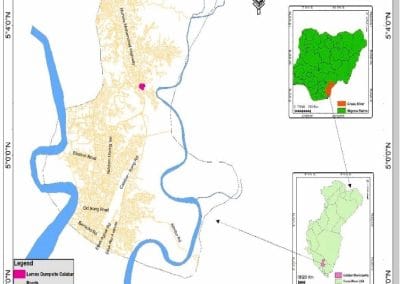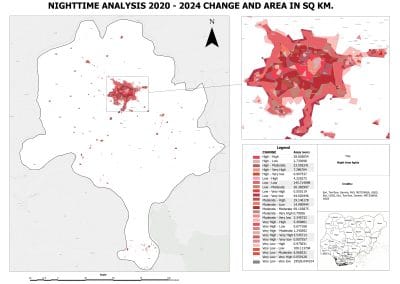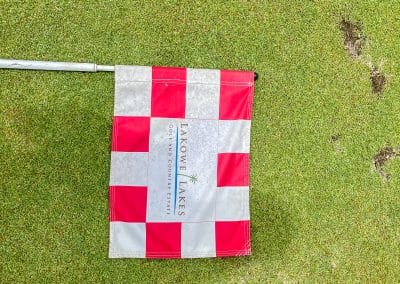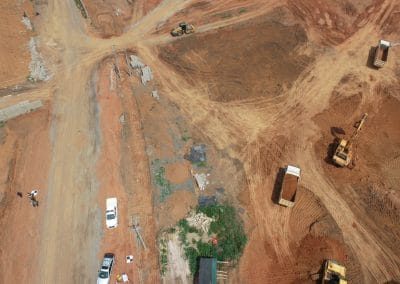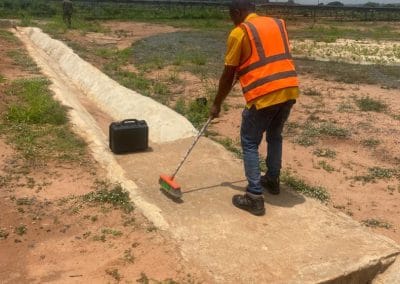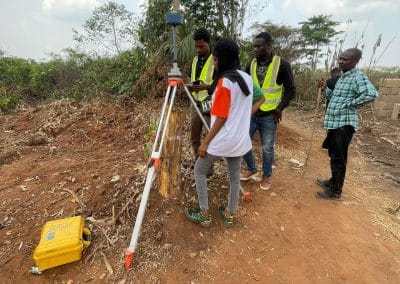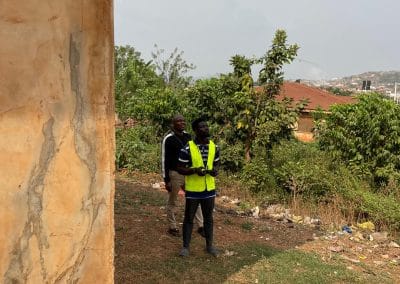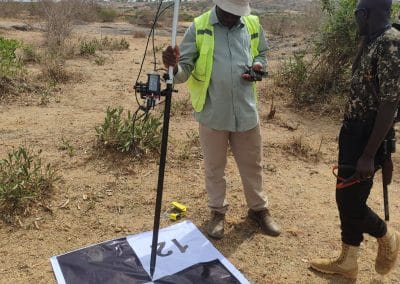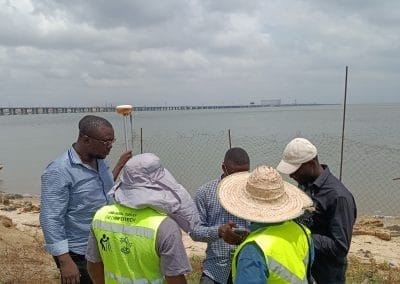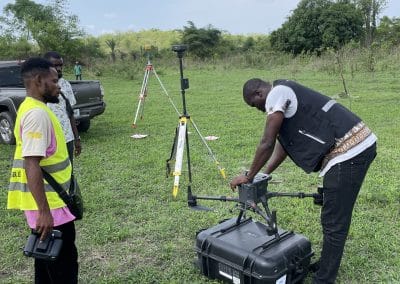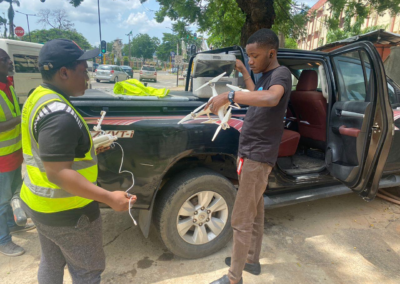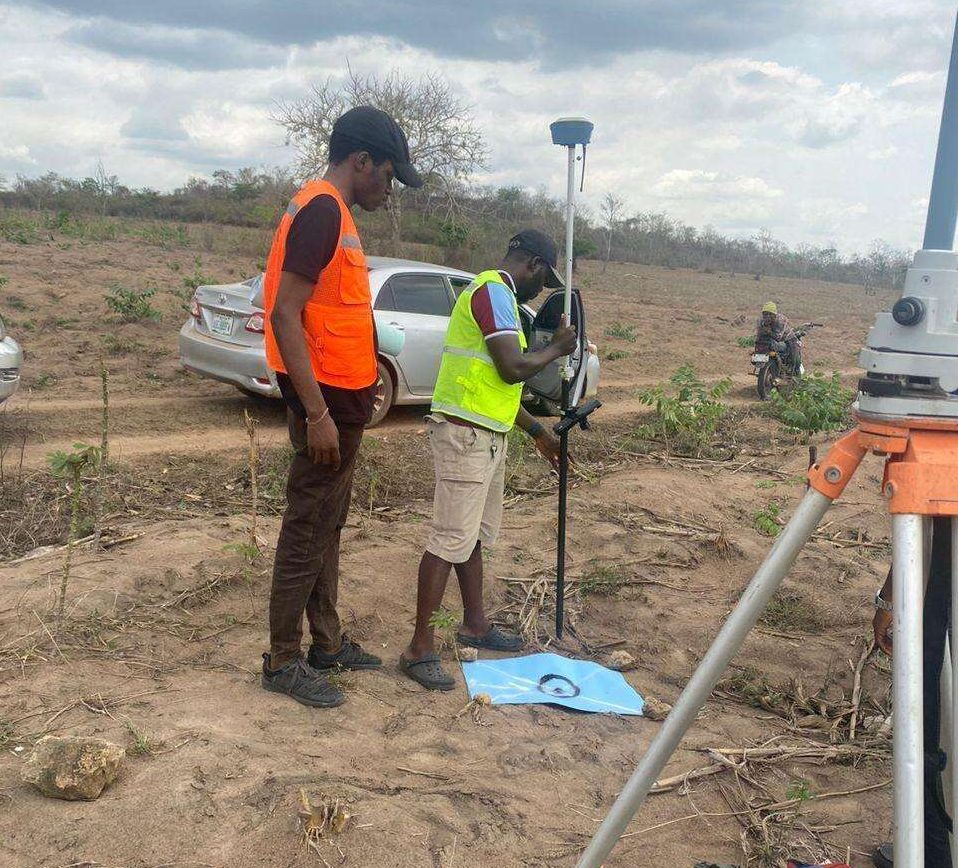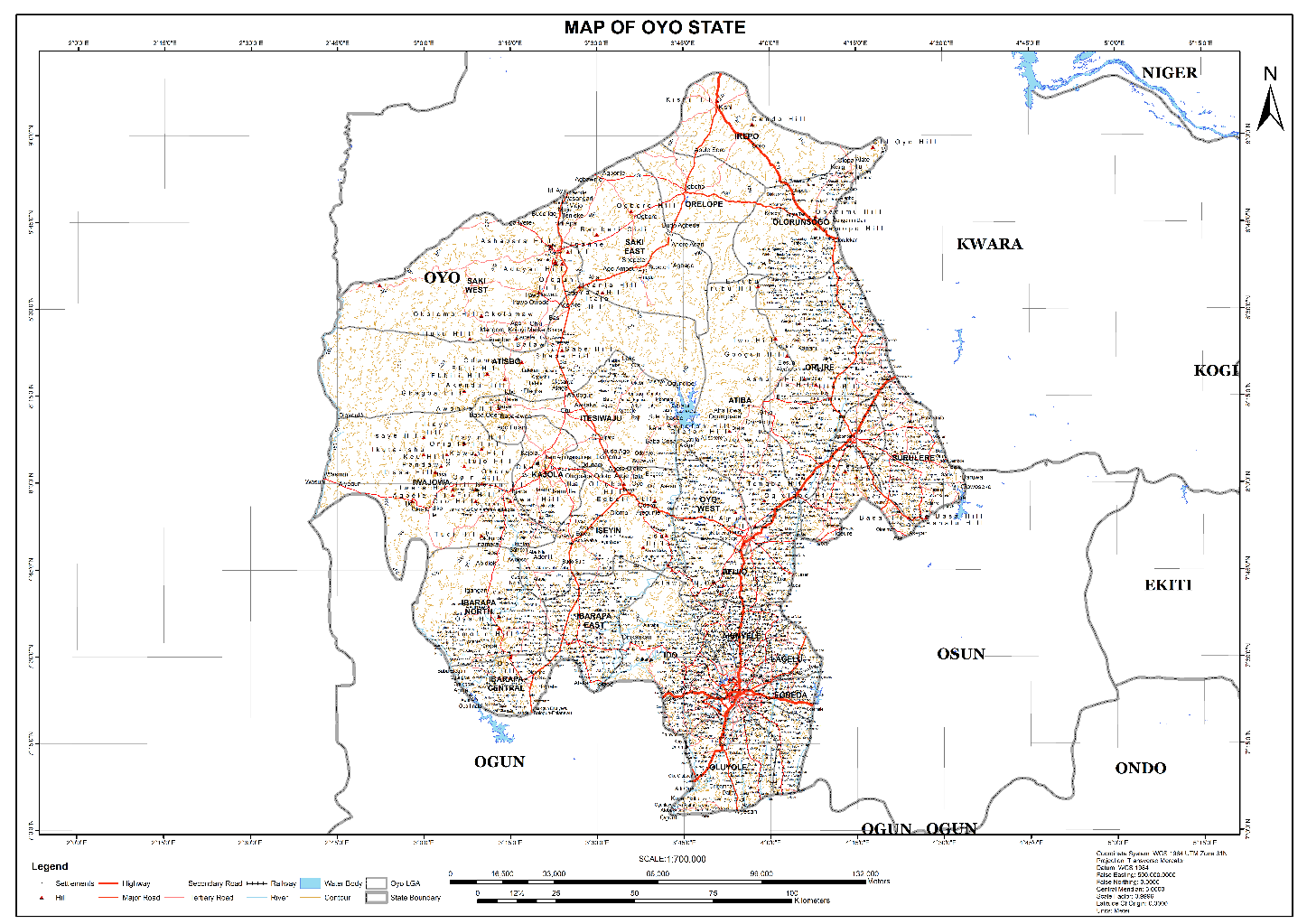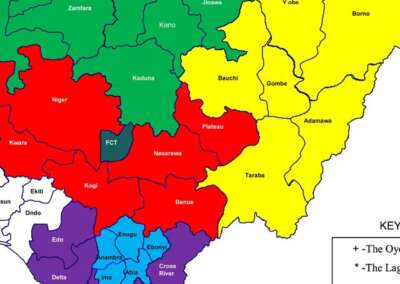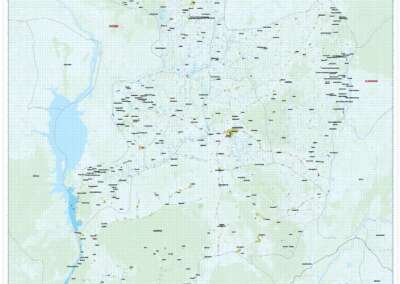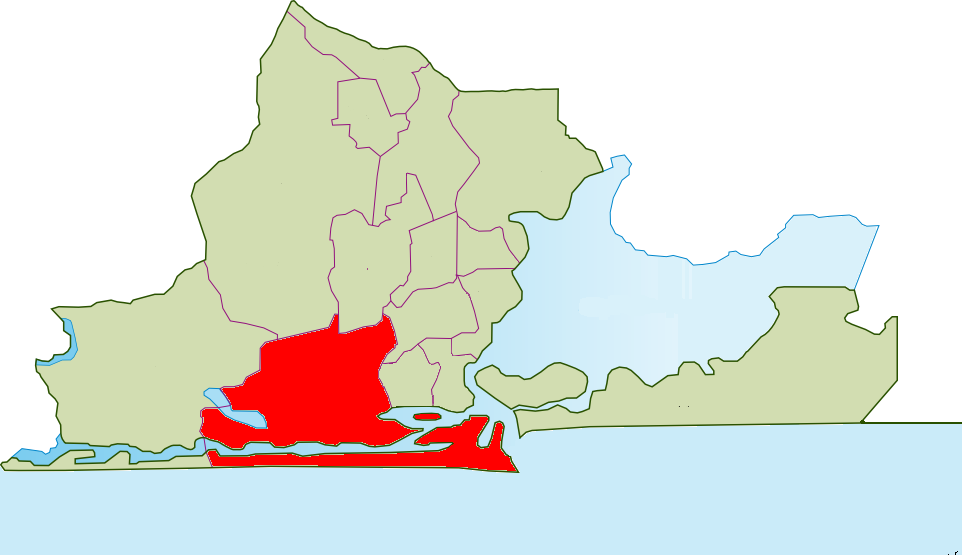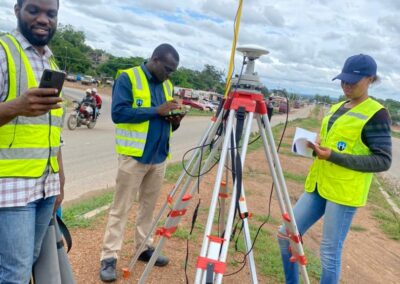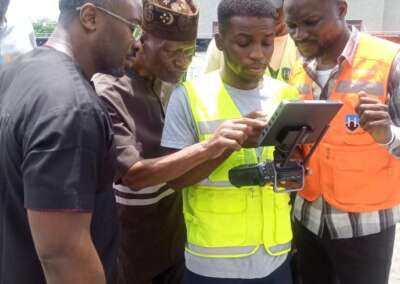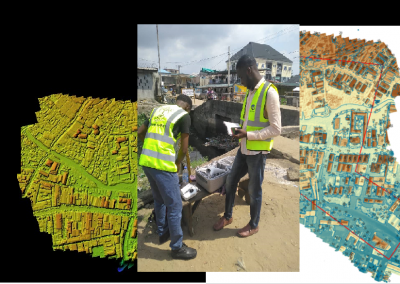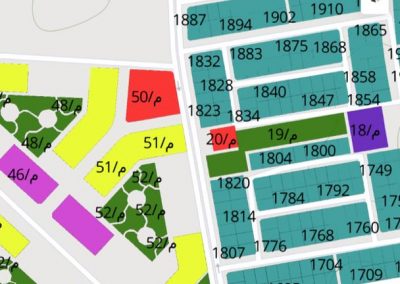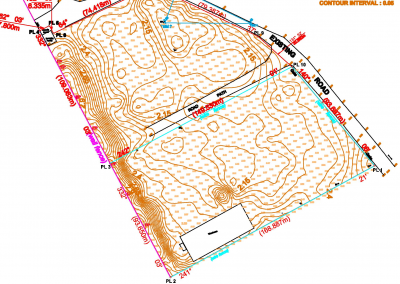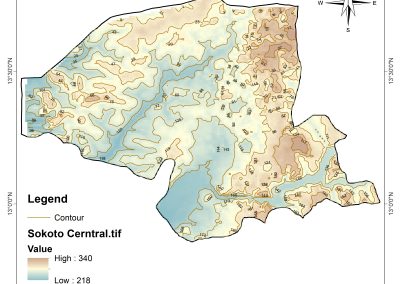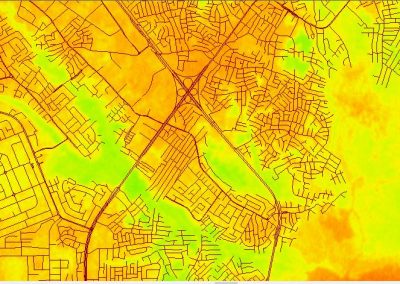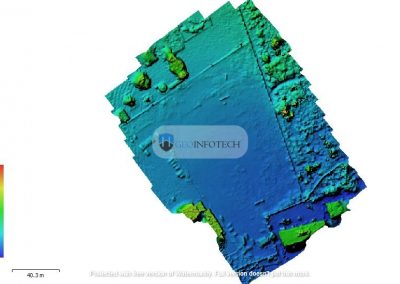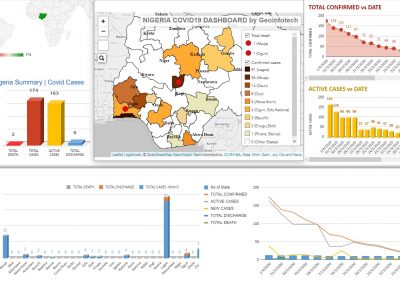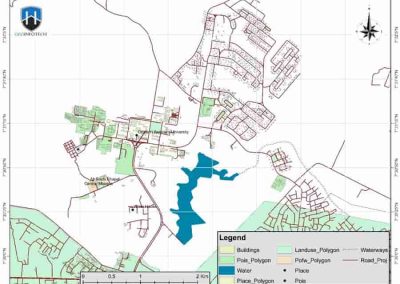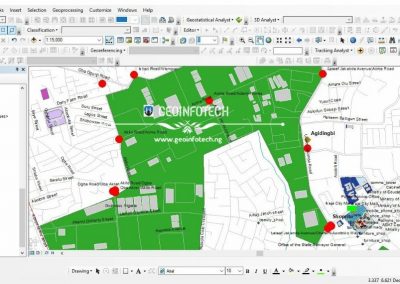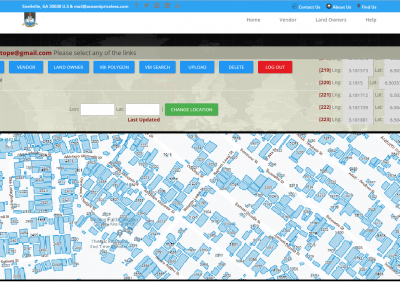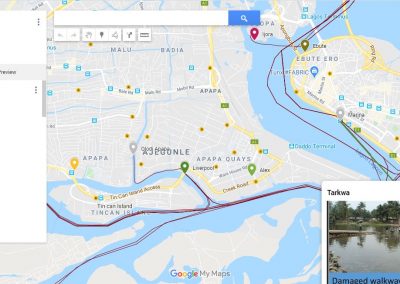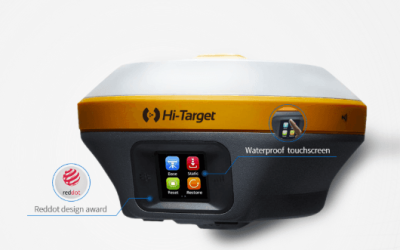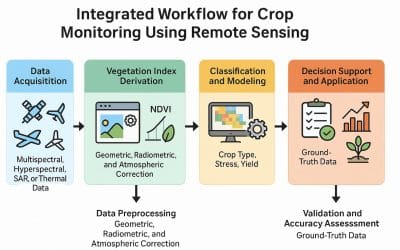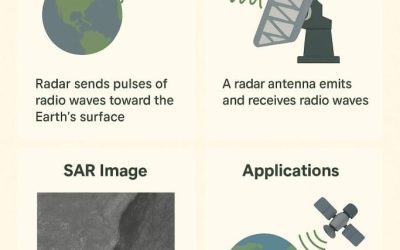Imagine the crisp Lagos air beneath your drone, capturing stunning aerial views of the Lekki-Ikoyi Bridge or surveying the bustling marketplaces of Ojuelegba. The possibilities with commercial drones in Nigeria are exhilarating, offering unprecedented perspectives and efficiencies across various industries. But just as the Harmattan winds require careful navigation, so too does the airspace. Ignoring the rules of the sky can ground your ambitions faster than a dead battery.
That’s where this guide comes in. Think of it as your co-pilot in the world of Nigerian drone regulations. We’ll navigate the often-perceived complexities and equip you with the knowledge to fly smart, stay legal, and ultimately, master the rules of the game.
Why Should You Care About Drone Regulations? More Than Just Avoiding Fines!
Let’s be honest, the thought of hefty fines might be enough to make anyone pay attention. And yes, non-compliance can lead to significant financial penalties and even the impounding of your valuable equipment. But the reasons to understand and adhere to drone regulations in Nigeria go far beyond just avoiding trouble:
- Safety First: Regulations are in place to protect people on the ground, other aircraft (manned or unmanned), and property. Responsible drone operation contributes to a safer airspace for everyone.
- Professionalism and Reputation: Operating legally enhances your credibility as a professional drone service provider. Clients are more likely to trust and hire operators who demonstrate a commitment to safety and compliance.
- Unlocking Opportunities: By following the rules, you ensure the continued growth and acceptance of drone technology in Nigeria. Violations can lead to stricter regulations that could hinder the entire industry.
- Insurance and Liability: Operating outside the legal framework can invalidate your insurance coverage, leaving you personally liable in case of accidents or incidents.
Nigeria’s Drone Regulatory Landscape: Key Areas to Focus On
While the specific regulations are subject to updates by the Nigerian Civil Aviation Authority (NCAA), here are some crucial areas every commercial drone operator needs to be familiar with:
- Registration and Permitting: Just like vehicles on the road, drones used for commercial purposes often require registration with the NCAA. You’ll likely need to obtain permits or approvals for specific types of operations, especially those in controlled airspace or for higher-risk activities. (Pro-Tip: Always check the latest official guidelines on the NCAA website!)
- Operator Requirements: Depending on the size and type of drone you’re flying commercially, pilot certification or training may be mandatory. This ensures that operators have the necessary knowledge and skills to fly safely and responsibly.
- Operational Limitations: Expect regulations around where and when you can fly. This typically includes restrictions on flying near airports, over densely populated areas without specific permission, above certain altitudes, and within no-fly zones. Maintaining Visual Line of Sight (VLOS) with your drone is often a key requirement.
- Privacy Considerations: Be mindful of privacy laws and respect the rights of individuals when capturing aerial imagery or video. Avoid flying over private property without consent and be aware of data protection regulations.
- Importation and Equipment Standards: There might be regulations concerning the importation of drones and the technical standards your equipment must meet.
Taking Flight the Right Way: Practical Steps for Compliance
So, how do you ensure you’re operating within the legal boundaries? Here are some actionable steps:
- Become an NCAA Regulations Expert (or at least fluent!): The NCAA is your primary source for the most up-to-date rules and guidelines. Regularly visit their official website and look for publications related to unmanned aircraft systems.
- Register Your Drone (if required): Understand the registration process and ensure your commercial drones are properly registered with the NCAA.
- Get the Right Training and Certification: If required for your type of operation, invest in professional drone training from recognized institutions. Obtain any necessary certifications or licenses.
- Plan Your Flights Meticulously: Before every commercial flight, conduct thorough pre-flight checks, assess the airspace, and ensure you have any necessary permissions or notifications in place. Utilize resources like aviation maps to understand airspace restrictions.
- Maintain VLOS (Unless Specifically Authorized): Generally, you need to be able to see your drone with your own eyes at all times during flight. If you plan to operate Beyond Visual Line of Sight (BVLOS), be prepared for a more rigorous approval process.
- Respect No-Fly Zones: Be absolutely certain about restricted airspace, especially around airports, government buildings, and other sensitive locations.
- Prioritize Safety in Every Operation: Never fly recklessly or in a way that could endanger people or property. Weather conditions, battery life, and potential hazards should always be carefully considered.
- Stay Updated: Drone regulations can evolve. Make it a habit to stay informed about any changes or updates issued by the NCAA.
The Sky’s the Limit (Responsibly)!
Operating commercial drones in Nigeria presents a wealth of exciting opportunities. By taking the time to understand and adhere to the regulations, you not only protect yourself from penalties but also contribute to a safe and thriving environment for drone innovation. So, fly smart, fly legal, and unlock the full potential of your aerial ventures!





